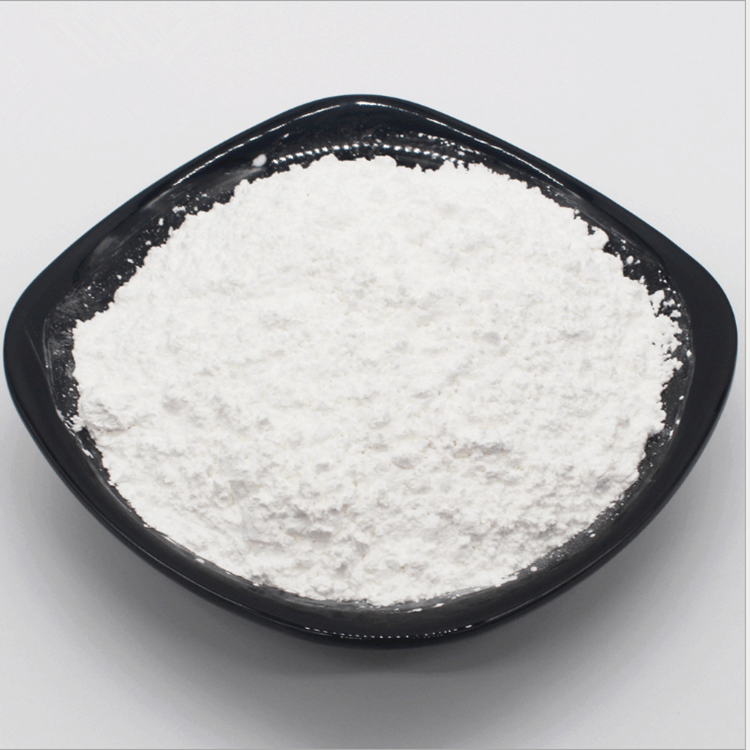-
-
Building 5,18 Yueluo Road, Yuepu Town, Baoshan District, Shanghai, China
Call Anytime
+86 131 2053 3622How Much Creatine Monohydrate Should You Take Daily?
Creatine monohydrate is one of the most widely used and extensively researched sports nutritional supplements due to its proven efficacy in enhancing exercise performance, muscle strength, and body composition. However, determining the optimal daily creatine dosage can be challenging. This detailed guide provides science-based recommendations for creatine dosing tailored to your goals, weight, gender, and other factors.
What Is Creatine Monohydrate?
Creatine monohydrate is the most common supplemental form of creatine, a naturally occurring organic compound in the human body that supplies energy to cells, particularly muscle tissue. It consists of creatine molecules bound to water molecules, enhancing stability and bioavailability.

Decades of research have consistently demonstrated the significant benefits of creatine monohydrate supplementation on physical performance, including increased muscle mass, strength gains, anaerobic power output, and post-exercise recovery. By maximizing creatine stores in muscle tissue, it enhances available energy, thereby improving training effects.
Recommended Dosage
Below is an overview of research-based standard daily dose recommendations for creatine monohydrate:
- 3–5 grams/day for general fitness and muscle-building goals
- 5 grams/day for elite athletes undergoing intensive training
- A "loading phase" of 20 grams/day for 5–7 days, followed by maintenance doses of 3–5 grams/day
- 2–5 grams/day to improve cognitive abilities such as attention and memory
- 5 grams before and after training sessions on training days
Lower doses (2–3 grams/day) may still provide benefits for recreational trainers performing light to moderate exercise. The maximum effective dose appears to be approximately 5 grams/day, with higher doses unlikely to increase efficacy.

The Benefits of Creatine Monohydrate
More than 500 studies have consistently demonstrated the safe and effective benefits of creatine, including:
- Increasing lean muscle mass and size with training
- Enhancing strength for greater resistance during repetitions and sets
- Improving anaerobic power output during sprints and jumps
- Reducing muscle breakdown and post-exercise soreness
- Enhancing cell hydration and increasing muscle fullness
- Maximizing muscle creatine stores to improve exercise capacity
- Accelerating recovery between workouts and promoting glycogen replenishment
- Enhancing cognitive function, memory, and mental concentration
- Supporting bone mineral density to prevent injuries
At an appropriate dose of 3–5 grams/day, creatine is one of the safest supplements for promoting muscle growth and performance.





